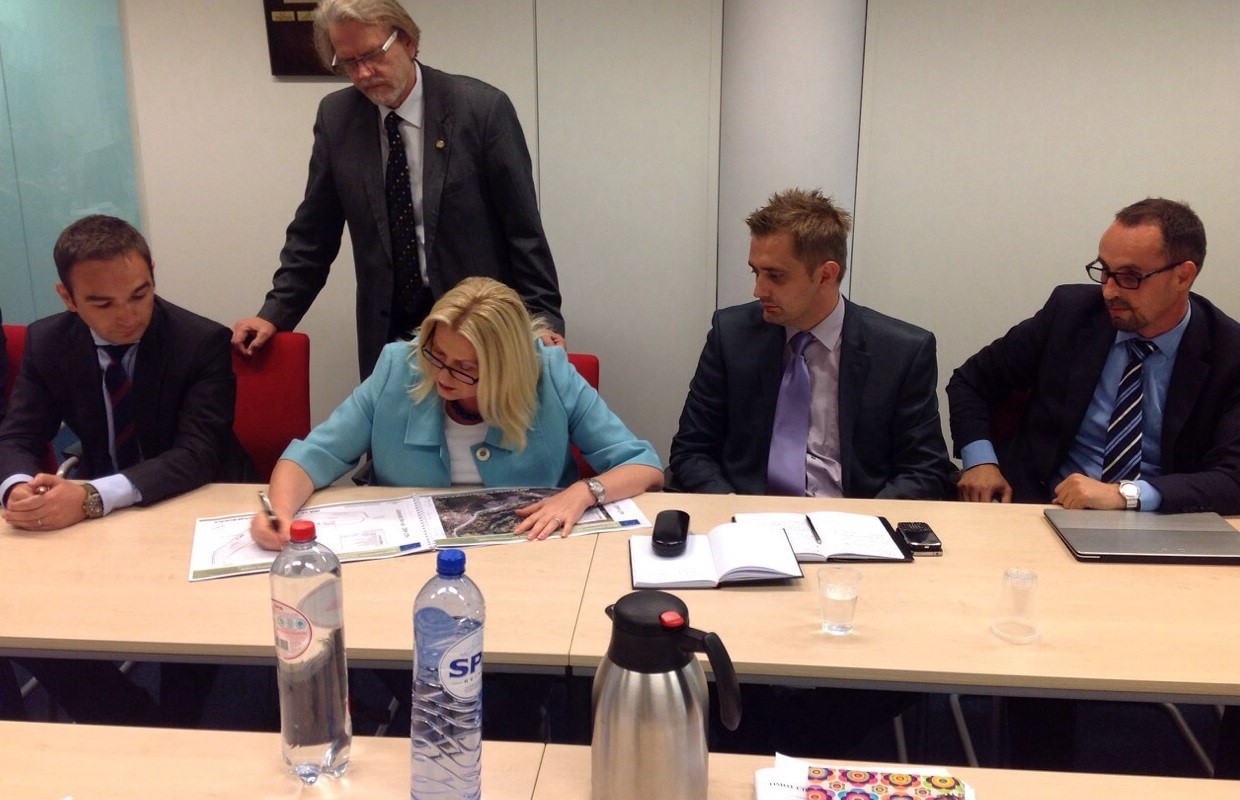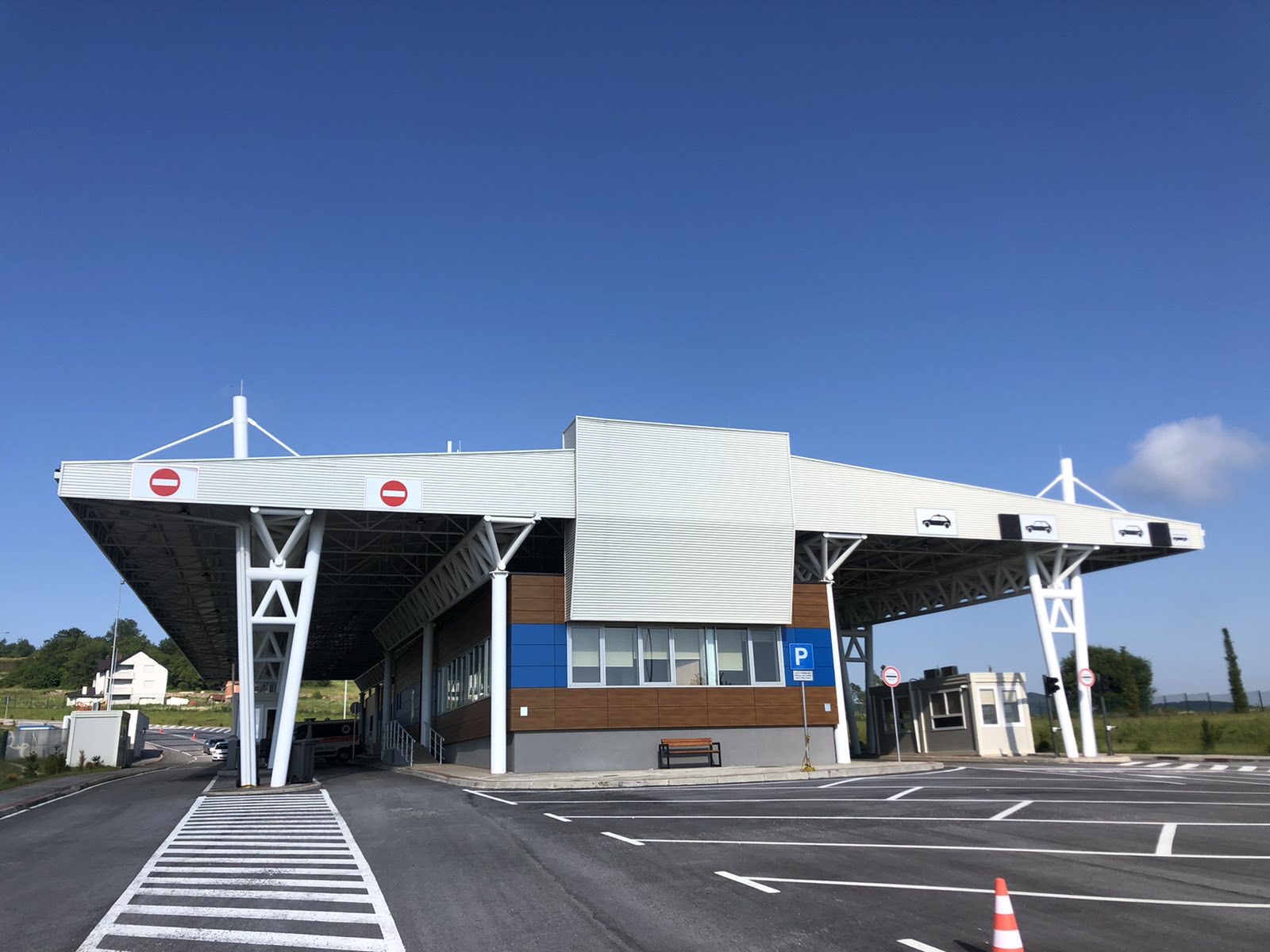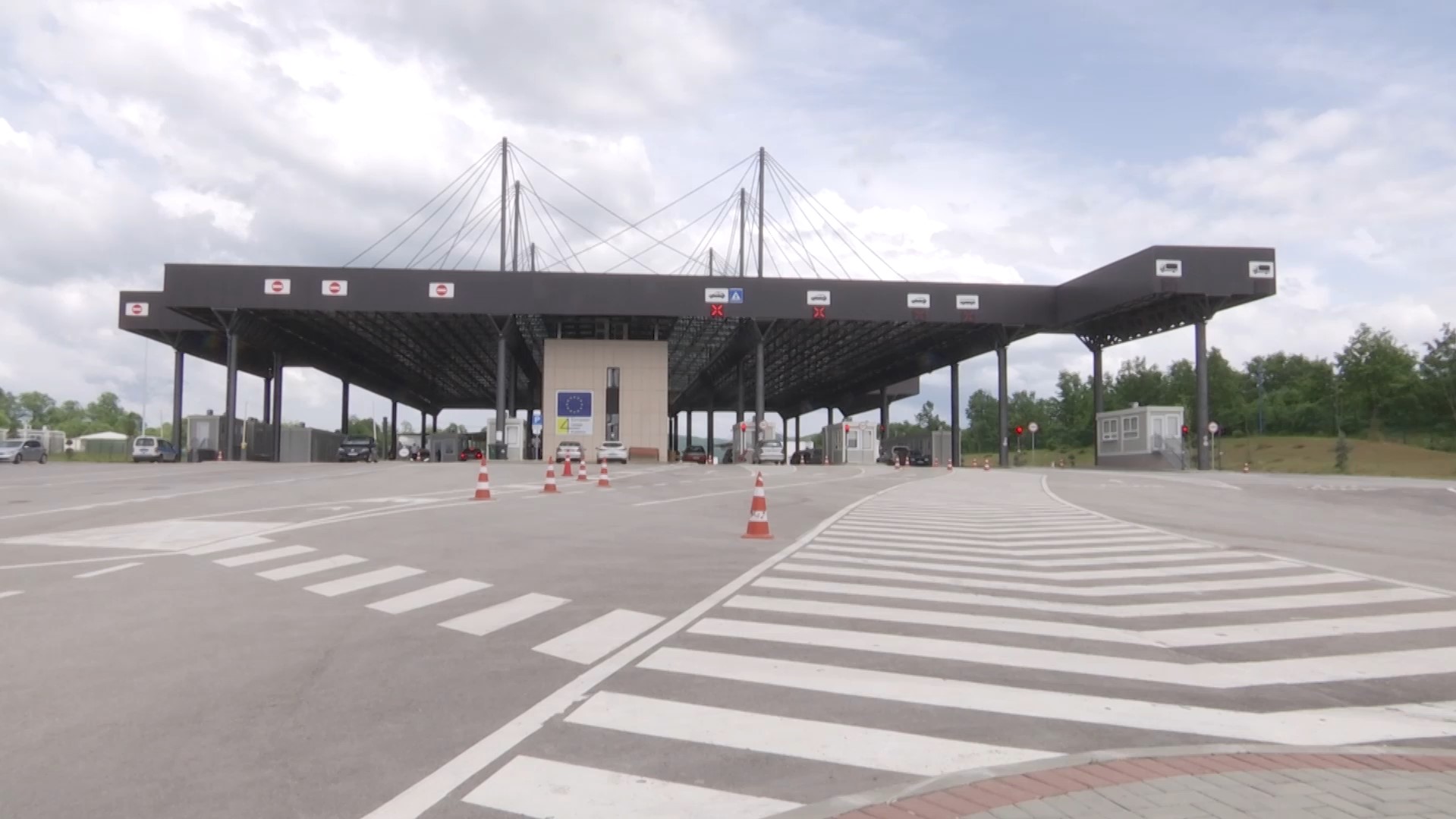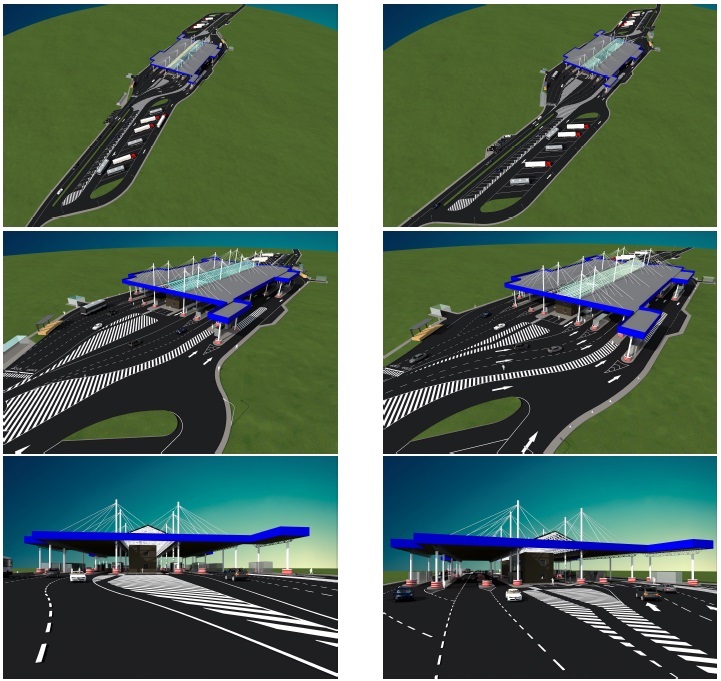Integrated Border/Boundary Management
Kosovo and Serbia reached the Agreement on Integrated Border/ Boundary Management on 2 December 2011; which, like everywhere else, is known under the acronym IBM.
One of the very first challenges for parties was the dual interpretation of IBM, which is reflected in the agreement itself.
For Serbia, IBM was and remains an administrative line- a boundary, but for Kosovo, an inter-state border. However, these differences in terminology did not prevent them from reaching this arrangement.

The agreement called for the establishment of joint crossing points in all six border crossings between Kosovo and Serbia (Merdarë/Merdare, Bërnjak/Brnjak, Mutivodë/Mutivode, Jarinjë/Jarinje, Dheu i Bardhë/Konqul, and Mucibabë/Depce), using the IBM model of EU.
On paper, it was noted that they are required to gradually harmonize their legislation with the EU legislation (Acquis) and in particular to apply the concept of IBM, given that both are part of the EU’s Western Balkans agenda. In practice, the European Union engaged in facilitating this agreement to prevent escalations in Kosovo’s northern municipalities (North Mitrovicë/a Zvečan/Zveçan, Zubin Potok and Leposavić/Leposaviq), where security threats, violence, barricades, disorder, and segregation became a commonality.
One year later, on 23 February 2012, Kosovo and Serbia concluded a technical protocol on the implementation of IBM, focusing on the:
- The location of the crossing points;
- The precise presence of authorities such as Customs, Police and Veterinary and Phytosanitary (plants) agencies;
- The exchange, use and processing of information;
- Mutual Legal Assistance Cooperation;
- Mutual recognition of Phytosanitary certificates;
- Regular meetings between authorities (Police, Customs, etc.) and so on.
By the agreement, both parties would gradually set up the joint crossing points with financial assistance from the EU, respectively through IPA funds (The instrument for Pre- Accession Assistance- a funding mechanism of the EU). Three of these crossing points would be hosted by Kosovo: Merdarë/Merdare, Bërnjak/Brnjak and Mutivodë/Mutivode and the other three by Serbia: Jarinjë/Jarinje, Dheu i Bardhë/Konqul and Mucibabë/Depce. In these common IBM areas, the two governments agreed to not display symbols of their respective jurisdictions. And for the first time in the Brussels dialogue, IBM would ensure a clear assignment of applicable legal responsibilities and liabilities to each party’s jurisdiction.
The aim of IBM was to establish the free movement of people and goods, by enhancing coordination within and between agencies such as Border Police, Customs, Veterinary and Phytosanitary services and ensuring open, but secured borders.
A very important outcome is also the signing of cooperation within the project ‘Systematic Electronic Exchange of Data’, known as SEED, which
- Enabled the exchange of information in the field of customs;
- Improved the fight against illicit trade; and
- Eased cross- border procedures.
So far, the only Mutivodë/Mutivode and Merdarë/Merdare crossing points are completed. Serbia, however, refused to use the new facilities. Serbian police continued to work at the temporary facilities, while Kosovo police and border authorities moved to the new ones.
Construction for the remaining four permanent crossing points has yet begun, leaving the IBM agreement incomplete. Besides the challenges that derive from the dual interpretation of IBM, the political developments in Serbia and Kosovo are another reason for such delays. They have even hindered the flow of meetings and regular contacts between the authorities.
On 4 September 2020 Kosovo and Serbia signed the agreement on Economic Normalization in Washington D.C. One of the articles of the agreement reads “Both parties will open and operationalize the Merdare Common Crossing Point facility”.
Following this arrangement, in October 2020, Serbia agreed to move its staff to the Common Border Point facility at Merdare/Merdarë.
IBM marks a successful and important agreement, which has, above others:
- Established cross-border cooperation and communication between police, customs, and other agencies of Serbia and Kosovo;
- Facilitated the free movement of people and goods;
- Established cross border control and enhanced security;
- Along with arrangements on Custom Stamps, Collection of Customs Duties and the Freedom of Movement stabilized the situation in the northern crossing points (Bërnjak/Bernjak and Jarinjë/Jarinje) and facilitated the collection of revenues; and
- Has helped both governments to meet the requirements in the framework of the EU accession process.





